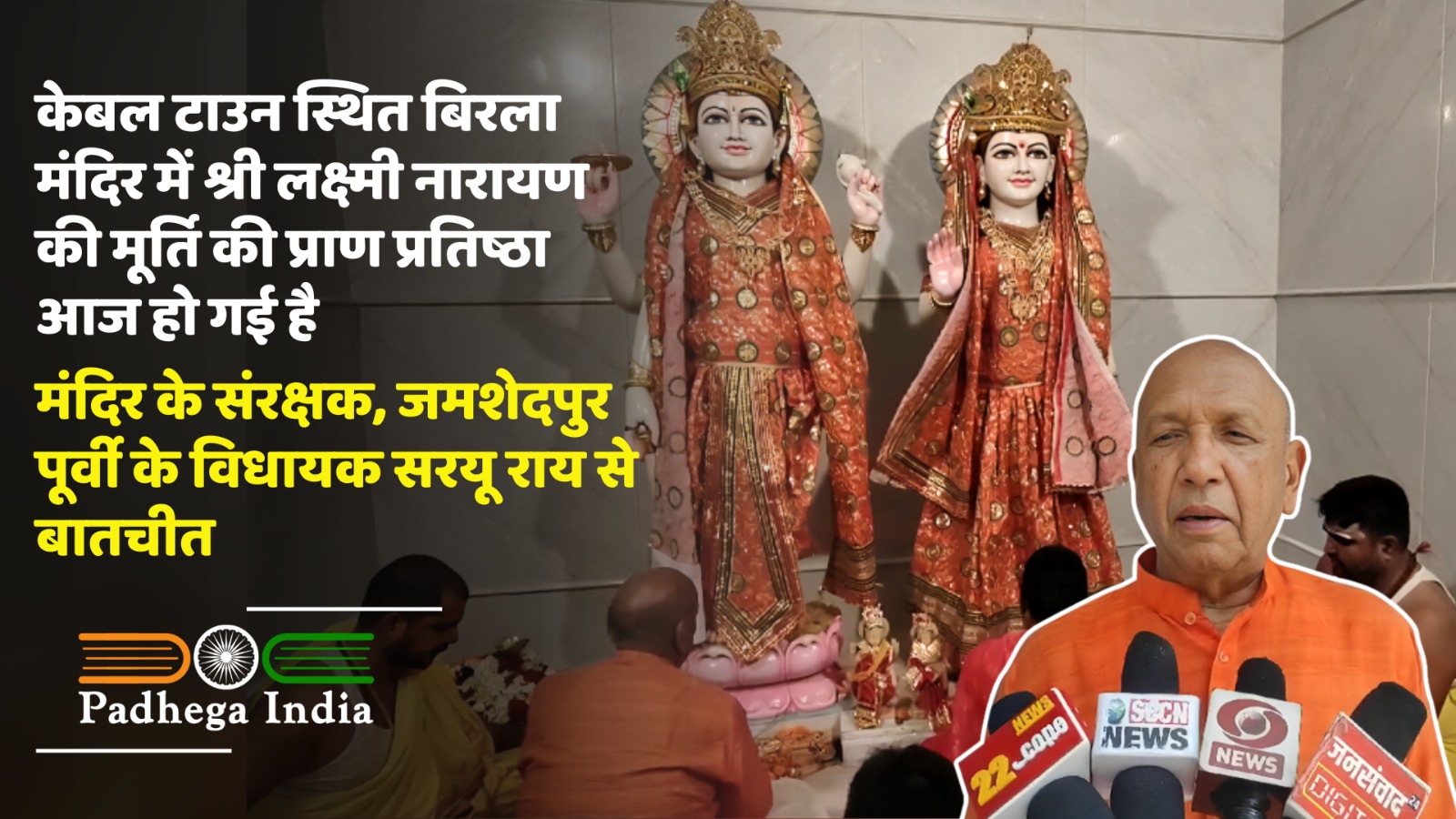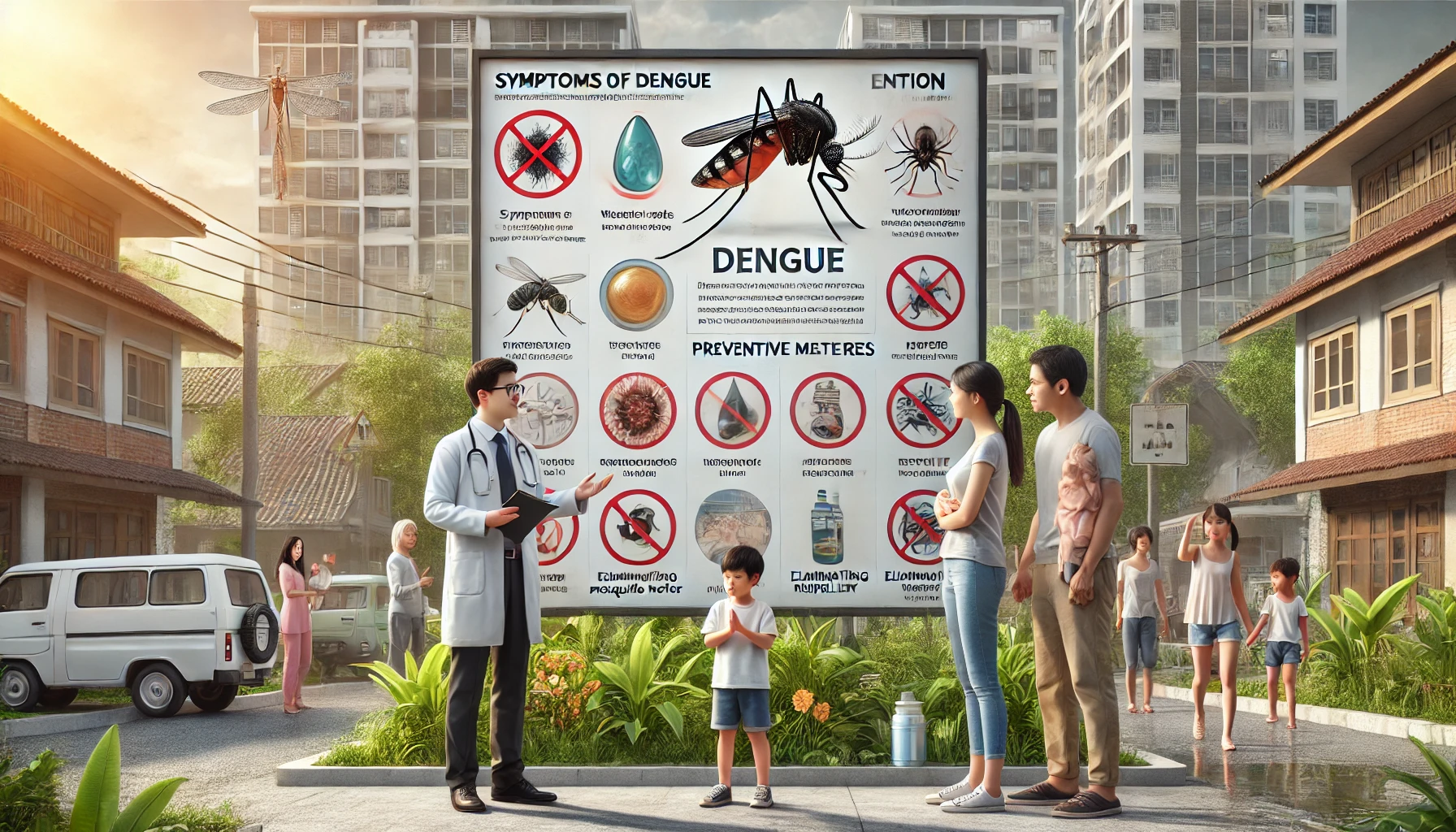Current Scenario
According to the National Center for Vector Borne Diseases Control (NCVBDC), as of April 30th, 19,447 people in India have been reported to come in contact with dengue infection. With the onset of the monsoon season, the risk of contracting dengue significantly increases.
Understanding Dengue
What is Dengue?
Dengue is a viral infection transmitted through the bite of an infected mosquito. Not all mosquito species are vectors of the dengue virus; a vector refers to an organism, typically an insect or arthropod, that transmits infectious diseases between humans or from animals to humans. The most common vectors are arthropods.
Transmission of Dengue
Dengue does not spread from person to person. When a mosquito bites a person who has the dengue virus, the mosquito becomes infected with the virus. An infected mosquito can then spread the virus to healthy individuals through subsequent bites.
Key Vector: Aedes Aegypti
The primary vector of the dengue virus is the Aedes aegypti mosquito. These mosquitoes are characterized by white bands on their legs and silver-white scales on their bodies. They are small, dark in color, and thrive in warmer climates. Aedes aegypti mosquitoes are typically found around houses, where they lay their eggs in stagnant water.
Symptoms of Dengue
Approximately four days after being bitten by an infected mosquito, a person may develop viremia, a condition characterized by a high level of the dengue virus in the blood. Viremia can last up to 12 days. The symptoms of dengue usually appear on the first day of infection and include:
- High fever
- Severe headache
- Muscle and joint pain
- Nausea
- Swollen glands
- Rash
- Feeling weak
- Fatigue
Treatment
There is no specific antiviral treatment for dengue fever. Symptomatic treatment, such as administering paracetamol, can help reduce pain and fever. Severe cases of dengue require hospitalization and supportive care.
Prevention Measures
To reduce the risk of dengue infection during the rainy season, consider the following preventive measures:
- Maintain Clean Surroundings: Keep your environment clean and ensure that stored water is properly covered to prevent mosquito breeding.
- Wear Protective Clothing: Wear long-sleeved shirts and long pants to reduce skin exposure to mosquito bites.
- Use Mosquito Repellents: Apply mosquito repellents on exposed skin and clothing to deter mosquitoes.
- Install Window Screens: Use screens on windows and doors to prevent mosquitoes from entering your home.
- Use Mosquito Nets: Sleep under mosquito nets, especially in areas where dengue is prevalent.
- Proper Waste Disposal: Dispose of waste properly and eliminate stagnant water sources where mosquitoes can breed.
By adhering to these preventive measures, you can significantly reduce the risk of contracting dengue during the monsoon season. Stay vigilant and take proactive steps to protect yourself and your community from this viral infection.







